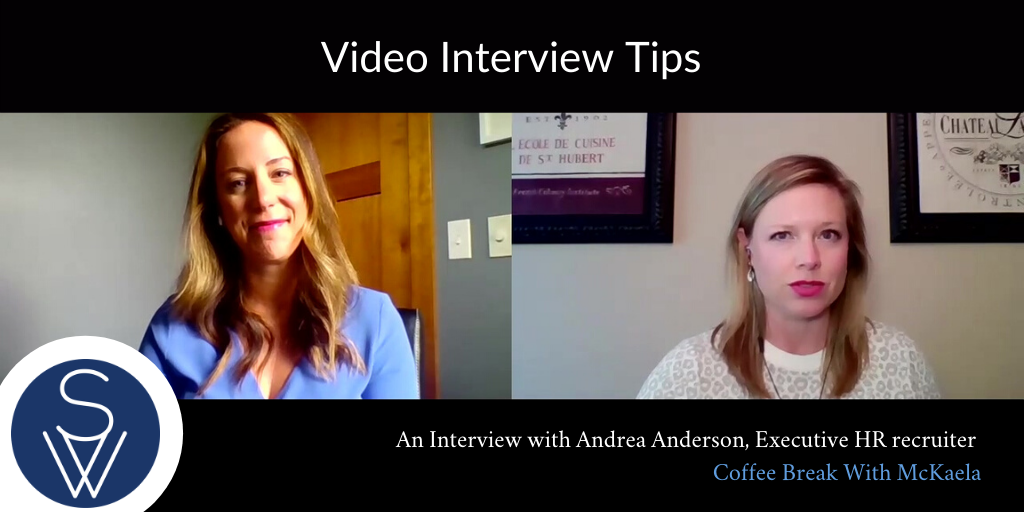You have an exciting job offer and you’ve quit your existing job, eager to get started in your new role. Now your current employer has asked for an exit interview, the thought of which fills you with dread. What do you do?
It’s HR policy in many companies to request an exit interview. This gives the hiring manager the chance to find out exactly why you are leaving the company and your views on working for them. This can be a difficult situation for many employees, especially if your time with your employer has not been a happy one. Do you air your grievances about your co-workers and your boss or do you smile and claim it’s “nothing personal?”
The decision is up to you, but as with every interview, preparation is the key. Our tips below will provide you with a good starting point.
















